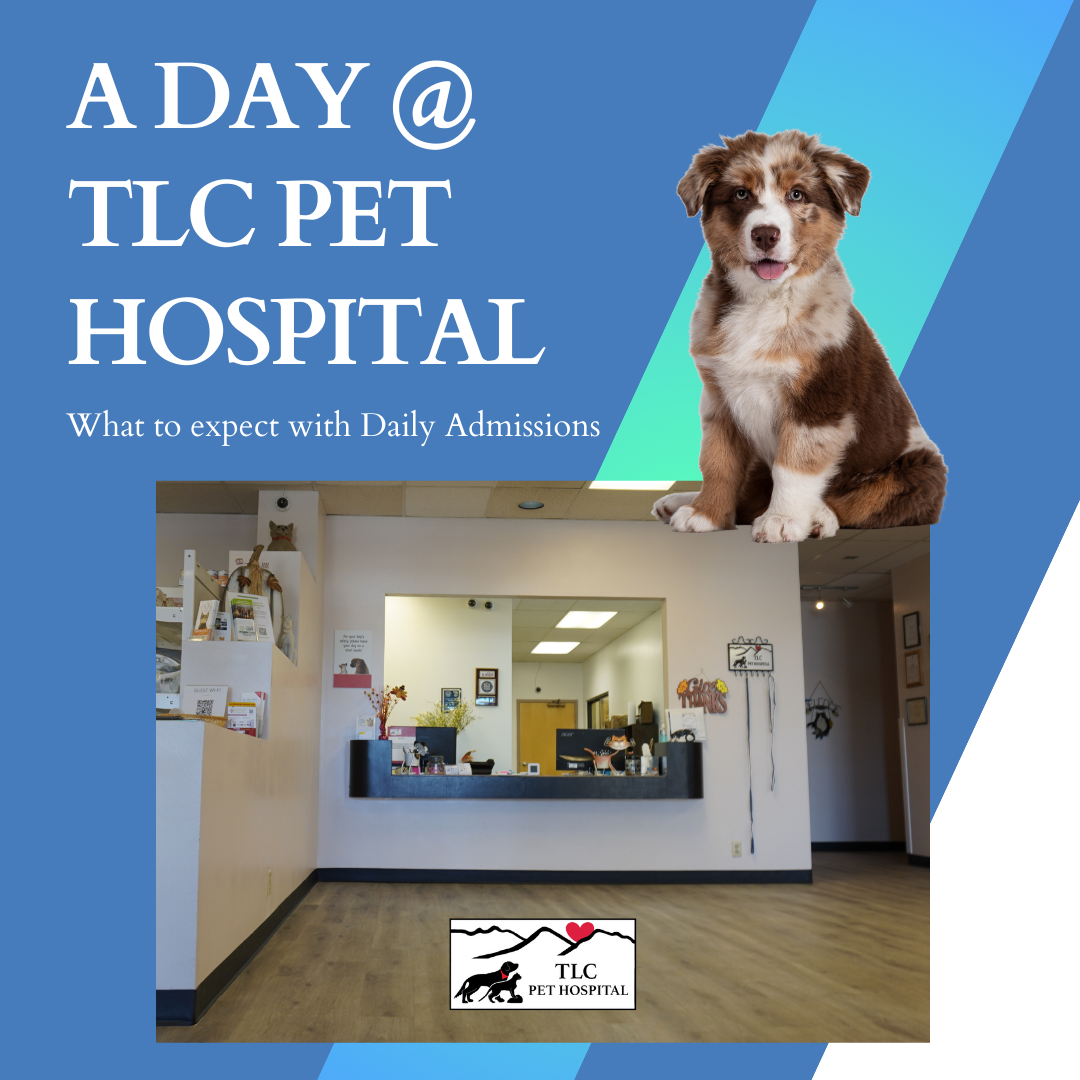What Is Spaying and Neutering?
October 15, 2012Thanksgiving Hazards To Pets
November 12, 2012Vaccines and your cat
Vaccines are administered to prepare the body’s immune system to fight off a particular disease. The vaccine is created from a part of the organism–perhaps a bacterial protein, or maybe even a killed virus itself – that “tricks” the immune system into mounting a protective response, without risk of causing the original disease itself. Then, when the cat, dog, or human is actually exposed to the real disease-causing organism, the body is already prepared to respond. Ultimately, vaccines are given to either prevent infection completely, or reduce the severity and duration of disease symptoms.
It may be confusing to know exactly what shots your cat should receive. Most people do not want to put their cat through unnecessary stress, and though serious side effects of vaccination are uncommon, they can occur. The most common reactions are transient pain or swelling at the injection site, occasion stomach upset or loss of appetite, and lethargy/tiredness. These reactions come and go very quickly, and may not even be noticed. Rarely, more serious allergic reactions, such as anaphylaxis , or a tumor called an injection-site sarcoma can occur post-vaccination.
Nevertheless, vaccination plays a very important role in preventative care and the health of your cat Here is a list of the most common vaccinations, and which cats should be receive them. One vaccine is a combination vaccine, often abbreviated as “FVRCP” or “RCP” This vaccine protects against the following conditions:
- Feline Panleukopenia (aka feline distemper, feline parvo): A highly contagious and usually deadly viral disease of cats. This virus lives easily in the environment, is resistant to extremes in temperature and humidity, and is resistant to many common disinfectants. This disease attacks the lining of the intestines, causing ulceration, diarrhea, dehydration and sepsis. It also causes a decrease in white blood cells, making it even harder for a cat to fight off disease.
- Feline Calicivirus/Herpesvirus : These viruses are responsible for over 80% of upper respiratory tract infections in cats. Most cats are exposed to one or both of these viruses in their lifetimes, and once infected, are generally carriers of the virus for long periods of time – maybe even for life! In periods of stress or other illness, these cats may have “flare ups” of disease. Common symptoms include conjunctivitis, nasal discharge, sneezing, ulceration of the mouth (calici), and ulceration of the cornea (eyes) with herpes. The currently available vaccines will minimize the severity of the upper respiratory infections.
The second vaccine recommended for all cats, and often required by law is the Rabies Virus Vaccine. Rabies is a deadly neurologic disease which is also a health risk to humans. Cats can be exposed to rabies through bites from wildlife, other cats or dogs in the area. Clinical signs include abnormal behavior (aggression, disorientation, and vocalization), seizures, paralysis, fever and hypersalivation. Death is expected within 7-10 days after signs begin.
Some vaccines are only recommended for cats with a certain lifestyle that puts them at a higher risk of exposure to certain diseases. Feline Leukemia Virus (FeLV) is one of these vaccines.
Feline Leukemia Virus is the leading viral killer of cats. The virus is spread through a cat’s saliva, nasal secretions, urine, feces and milk. It is commonly spread through bite wounds, and can be spread through casual contact between cats (grooming, etc) or from a mother cat to her kittens (before birth or while nursing) FeLV is a common cause of feline cancer, often causes blood disorders, and can damage a cat’s immune system. The individuals who should definitely receive this vaccine are outdoor cats, indoor/outdoor cats, and cats living in households with FeLV-positive cats. (Indoor-only cats have very little risk of contact with stray or infected cats, and do not necessarily need this vaccine every year.)
Other available vaccines include the Feline Immunodeficiency Virus (FIV) vaccine, Feline Infectious Peritonitis (FIP) vaccine, Chlamydia and Ringworm vaccines. These vaccines are not routinely administered, and all risks and benefits should be fully discussed with a veterinarian.



